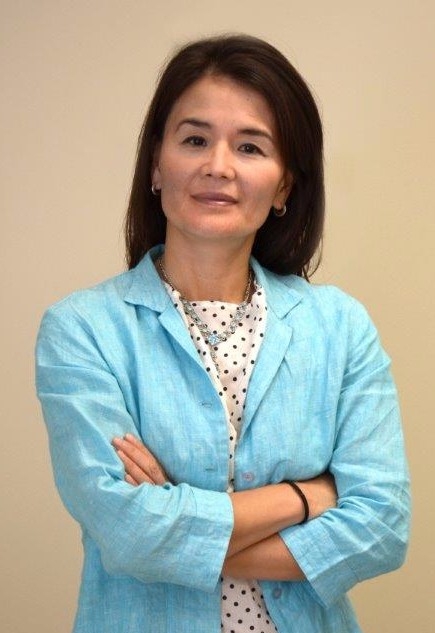Please note, FMT is not currently available in most healthcare facilities in Canada and is not approved outside clinical trials for IBD patients at this time.
Dr. Christine Lee, clinician scientist
Local research providing relief in Canada, and around the world, for patients with gut disorders through innovative transplants.
Dr. Christine Lee, an Island Health-based clinician scientist, is a nationally renowned researcher working in support of people living with chronic gut disorders, such as inflammatory bowel disease and recurrent Clostridium difficile infection (rCDI).
Dr. Lee’s ground-breaking research essentially allows patients to swallow a capsule that will reconstitute their gut flora, avoiding laborious enemas and significantly increasing access to this remedy for patients in remote and rural locations—a game-changer that can monumentally improve patient care.
Inflammatory bowel disease (IBD) is a group of inflammatory conditions of the colon and small intestine and includes irritable bowel syndrome, Crohn’s disease, and ulcerative colitis. Its symptoms include abdominal pain, diarrhea, loss of appetite, and weight loss, and can significantly reduce the quality of life for patients and their families. Patients with IBD are at higher risk of developing Clostridium difficile infection, experiencing recurrences, and typically have worse outcomes.
Canada has one of the highest incidences of IBD in the world. Here in Victoria, the research of Dr. Lee and her team looks to change that.
Dr. Lee is a world leader in fecal microbiota transplant (FMT) where stool from a healthy, screened donor is transplanted in an IBD or rCDI patient to restore healthy flora in the colon.
FMT is not available in most healthcare facilities in Canada and is not approved outside clinical trials for IBD patients. However, in 2015, Health Canada changed its regulations to allow for frozen or fresh FMT treatments in patients with recurrent CDI. Dr. Lee is part of a provincial group working to make FMT available to recurrent CDI patients across British Columbia.
While fresh and frozen FMT is safe and effective, healthcare providers’ ability to reach patients who may need it is limited. To increase patient access, Dr. Lee’s research focuses on offering lyophilized (freeze-dried) FMT. Lyophilized FMT is as effective as frozen FMT, but since it does not require freezing, it can be shipped to patients living in rural and remote locations. This simple, yet cost-effective solution will enable all patients who might benefit from it to now have access. This is thanks in part to the generous support of donors inspired by Dr. Lee’s work who have chosen to give back to research at Island Health.




